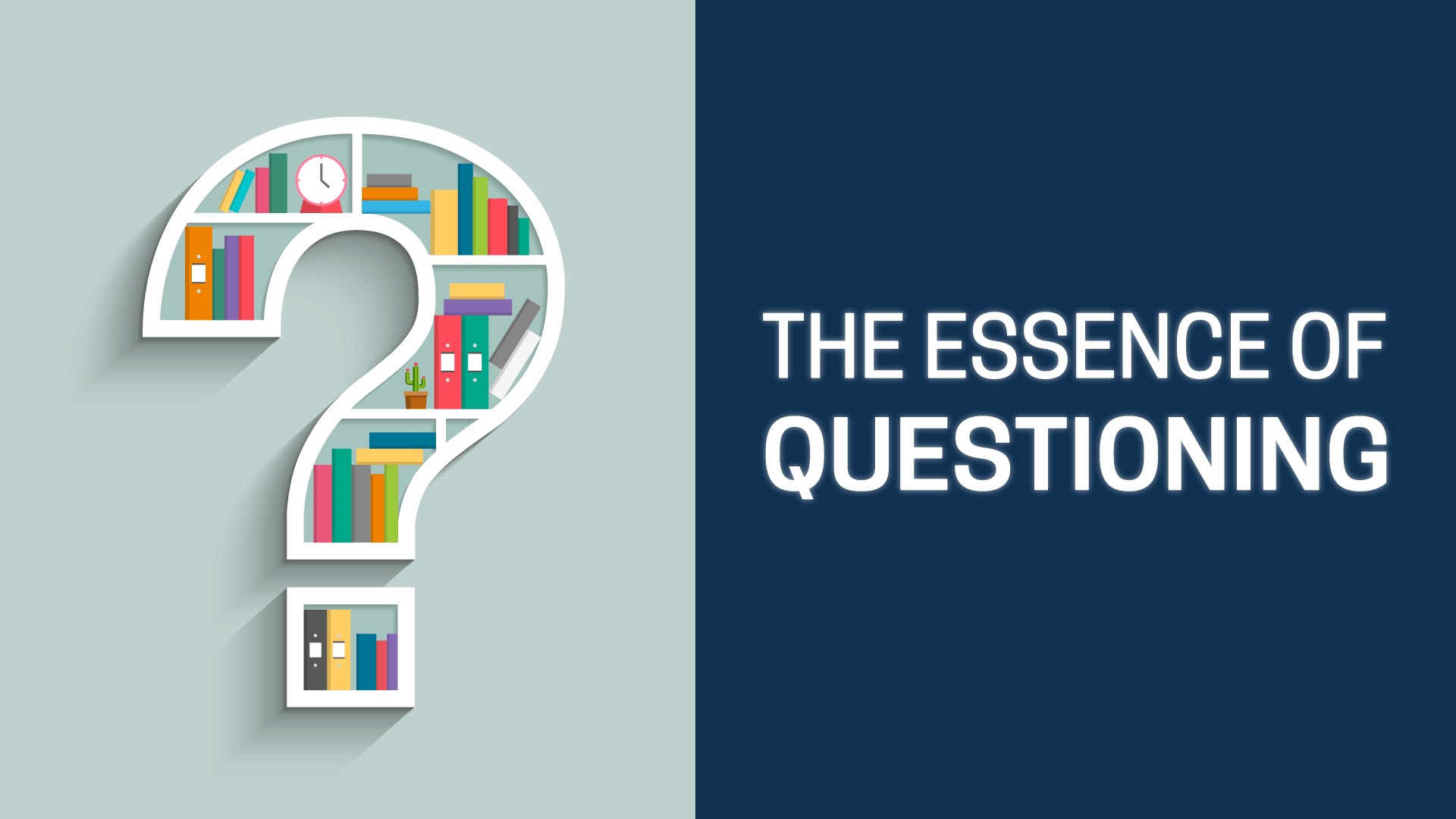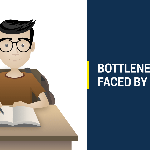The Essence of Questioning

ŌĆ£We run this company on questions, not answers.ŌĆØ
- Eric Schmidt, CEO of Google (2001 ŌĆō 2011)
Questioning is known to man since time immemorial. Even before we could utter our first word, we were curious about the environment we live in. As toddlers, we learned by asking questions. For every new thing we saw, we’d question with a ŌĆśWhat’ and perhaps, for most statements our parents or elders would make, we’d question with a ŌĆśWhy’ or ŌĆśHow’?
Questioning is the simplest and most effective way of learning. Innovative thinkers never cease to ask questions since it is the best way to gain more profound insights. If Sir Issac Newton didnŌĆÖt ask ŌĆśWhy did the apple fall from the treeŌĆÖ would he have discovered ŌĆśGravityŌĆÖ – one of the fundamental forces of nature? Well, thatŌĆÖs debatable! The point here is, simple but fundamental questions like this have led people to make significant breakthroughs.
Although itŌĆÖs a powerful tool, we may still have the ŌĆśquestioning apprehensionŌĆÖ for various reasons
┬Ā
Fear of being judged
During our childhood days, our teachers or elders might have ignored or discouraged our curiosity. As we grew up, we realized not everybody was comfortable having open discussions on various topics; we mightŌĆÖve received some negative feedback or comments for having started one. This couldŌĆÖve led to an inability to question when we shouldŌĆÖve, but didnŌĆÖt.
Too lazy to ask
Laziness can stem from a poor attitude. Sometimes we assume we know it all and do not bother to ask or seek inputs. Without an ounce of doubt, we remain certain in our assumptions. In the process, we may miss out on essential information and later regret not having made that extra effort.
Running out of time
In todayŌĆÖs fast-paced world, we tend to seek quick results. While weŌĆÖre at it, we donŌĆÖt seem to realize how this very nature of rushing can lead to wrong actions. We are scared to pause, think and question because we feel it might slow us down and make us less productive.
Questioning and Listening go hand in hand
To get the best out of questioning, we must learn to listen. Often, we see people in conversations where there is more talking and less listening. The less one listens, the less one learns. It happens when we want others to understand our thoughts, without bothering much about what theyŌĆÖve got to say. Eventually, this results in a discussion of what we already know with no learning.
However, with effective means of questioning and listening, we can learn and explore new perspectives, and enrich our knowledge and opinions.
Questioning can stimulate, inform and inspire. When coupled with a good body language, it can motivate the other person to express what they think, what their assumptions are and why they do things as they do. Thus, it keeps you in a learning mode and may also help find better solutions.

 Previous Post
Previous Post Next Post
Next Post